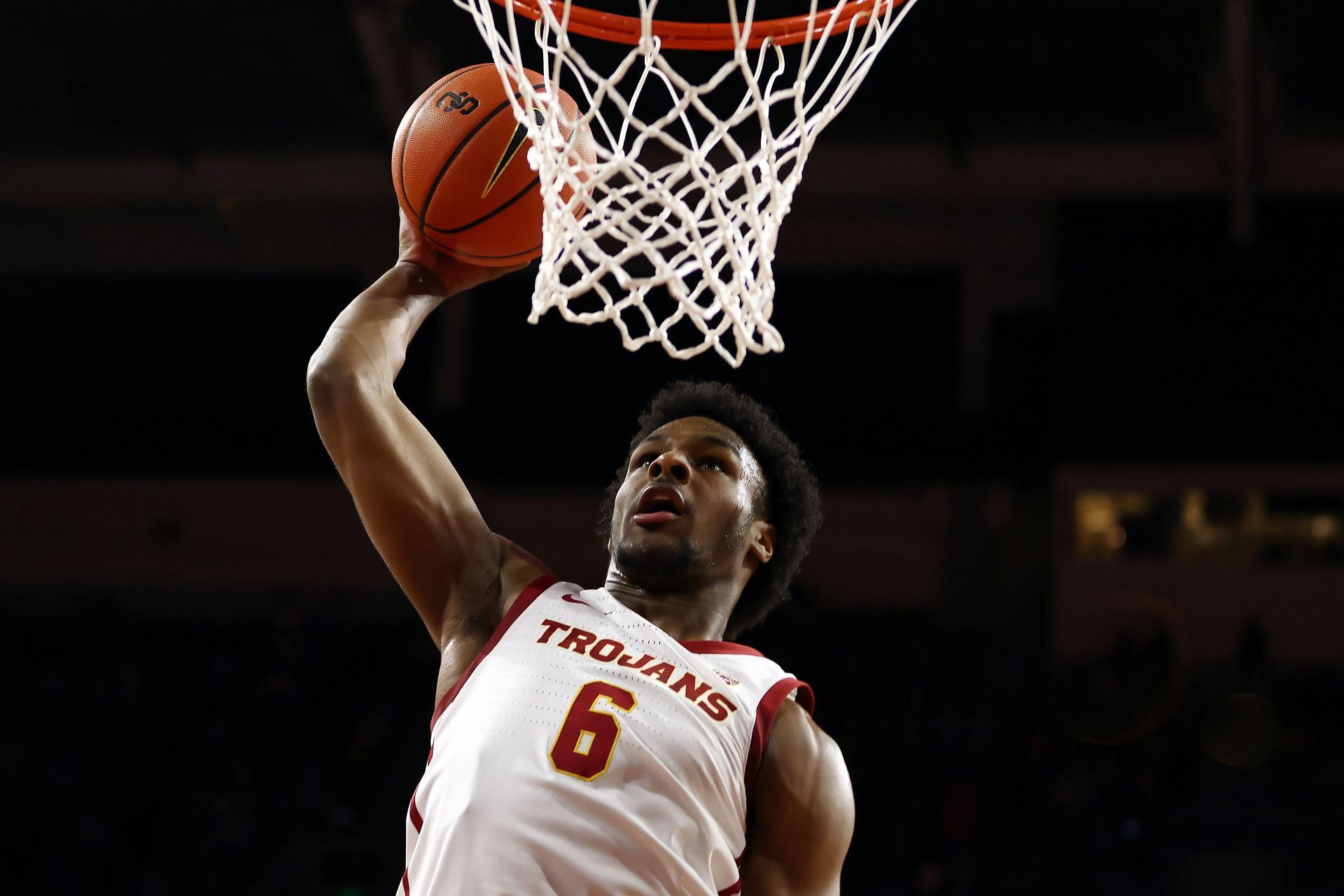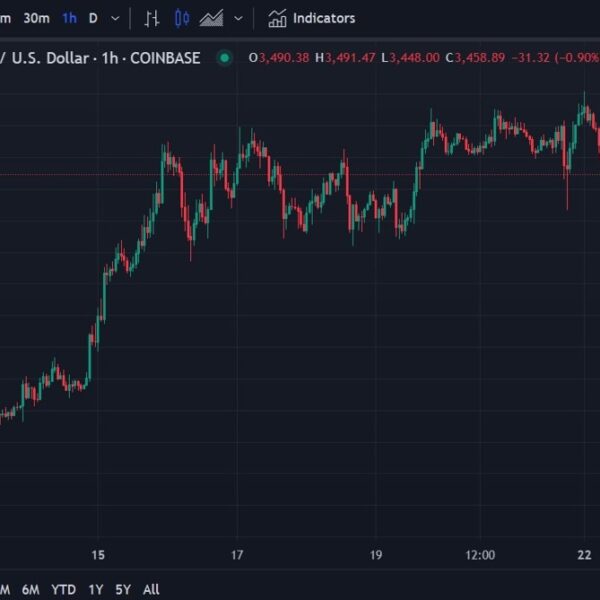It was one of the most important snaps of their season, but the Baltimore Ravens didn’t treat it that way.
Needing 2 yards for a tying two-point conversion late in the fourth quarter against first-place Pittsburgh, the Ravens kept star running back Derrick Henry on the sidelines and subsequently came up short.
The Steelers took over, ran off the final 1:06 and secured an 18-16 home win on Nov. 17 that dropped Baltimore 1.5 games behind them in the AFC North.
Plenty of questions lingered from the two-point loss, but the biggest one of them all was obvious: Why wasn’t Henry on the field with the game on the line.
Nobody from the Ravens gave an insightful answer, but Baltimore’s decision to sideline Henry encapsulated a dynamic that has hampered the team over the past few seasons.
The Ravens are seemingly afraid of how good they can be.
You have Henry, a two-time rushing champion, and Lamar Jackson, a two-time MVP, leading an offense that entered the Pittsburgh contest putting up a league-leading 31.8 points per game. So why is only one of them on the field for the biggest play of the game?
Wasn’t this why you signed Henry in March? For moments like this? The guy’s averaging 6 yards a carry and only needs to gain a third of that to tie the game against the lone team that separates you from first place.
Put him on the field!
You don’t need to give Henry the ball—I agree that doing so could be a bit too predictable—but at least make the Steelers think.
Baltimore didn’t, and instead of having to worry about stopping either Henry or Jackson, Pittsburgh knew the game was in the latter’s hands. The Steelers appropriately sent the house and forced an incompletion on an awkward play that looked doomed from the start.
I’m not saying the Ravens would have converted the two-point attempt with Henry on the field, but you have to figure whatever play they ran would have at least been more competent.
How could it not have been? Deploying your bruising running back with your electrifying quarterback is bound to keep a defense—even one as sturdy as Pittsburgh’s—on edge.
It was almost like Baltimore chose to make the moment harder than it needed to be. And that’s really nothing new.
The Steelers deserve credit, of course, but Sunday’s game was another instance where the Ravens did plenty to beat themselves. This time it was 12 penalties, three turnovers and two missed kicks on top of the questionable call on the two-point attempt.
Frankly, that’s how most of Baltimore’s losses in recent seasons have played out. Untimely mistakes and unexplainable lapses that flip a winnable game into an inexcusable defeat.
Last Sunday’s game was a bit different in the sense that it didn’t involve a blown fourth-quarter lead. The Ravens have plenty of those losses, including two this season. Baltimore coughed up a 10-point lead at home to Las Vegas in Week 2 and couldn’t hold a one-point edge over the final 2:36 at Cleveland in Week 8.
And there could have been more. The Ravens nearly blew a 22-point advantage at Dallas in Week 3 and allowed Tampa Bay to score twice in the final 3:46 of a less-than-comfy 41-31 road win in Week 7.
In those cases, it’s almost like Baltimore gets bored and eases up just to make things more interesting, only for it to sometimes backfire in the end. No team has done it more as of late—the Ravens have lost a league-high 10 games over the last four seasons after leading by at least seven points in the fourth quarter.
It has to be especially frustrating for Baltimore fans considering that the Ravens are rarely flat-out beat.
Baltimore’s last loss by more than eight points came in Week 18 of 2022, a 27-16 defeat at Cincinnati that Jackson missed with a knee injury. With Jackson starting, the Ravens haven’t lost a game by more than eight since Nov. 10, 2021.
It’s like Baltimore has no killer instinct. The Ravens have perhaps the deepest roster in the league and are essentially impossible to dominate, yet they can’t stop stubbing their own toe.
Whether it’s letting up too soon in the game or—as was the case Sunday—not taking advantage of their weapons when it’s most appropriate, Baltimore has cost itself far too many times.
As they chase their first Super Bowl title in 12 years, the Ravens don’t need to look at Kansas City, Pittsburgh, Buffalo or Detroit to find out who their biggest threat is.
All they have to do is look in the mirror.












